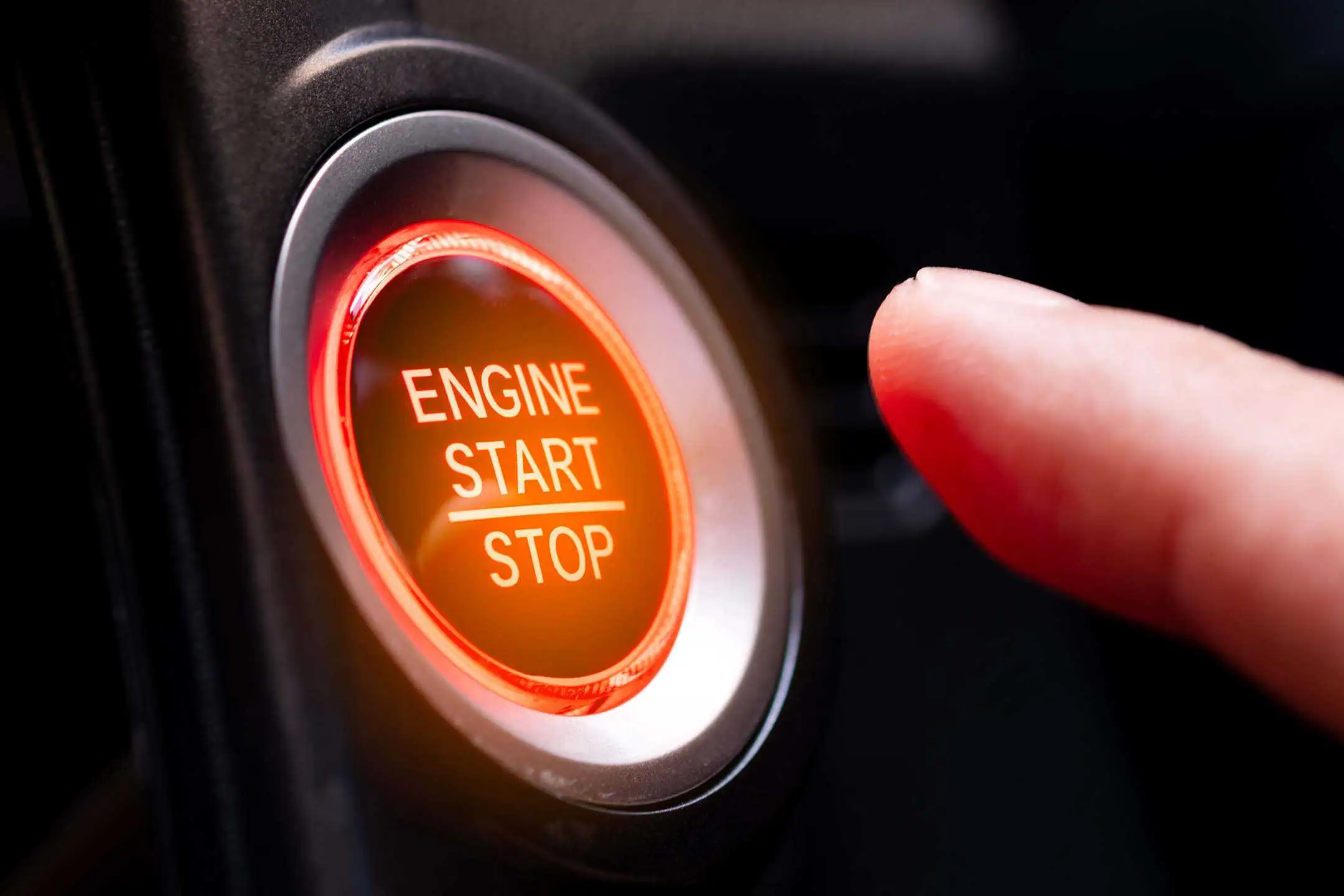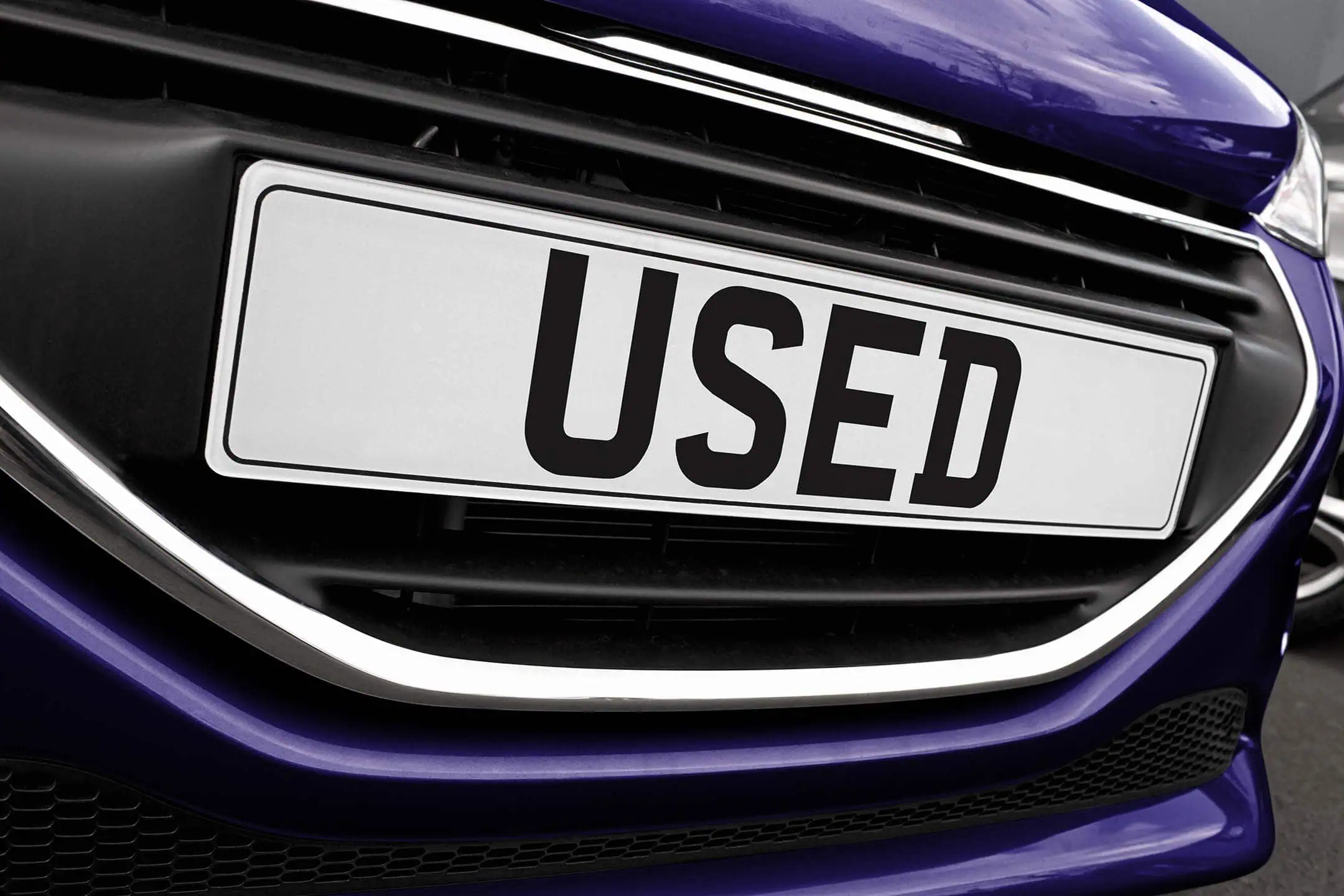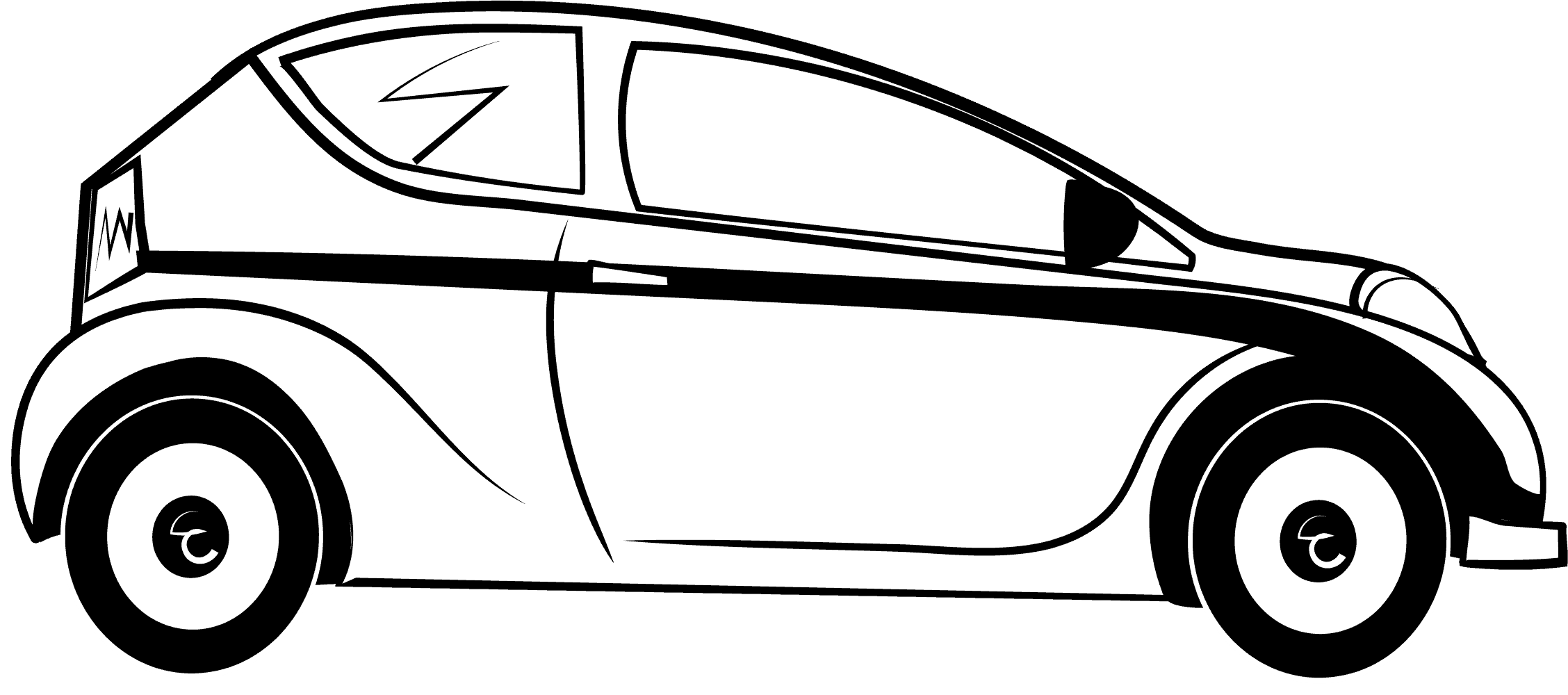How to negotiate buying a used car

Find out how to negotiate buying a used car. If you don’t negotiate, you’ll be losing hundreds of pounds unnecessarily!
Do you know how to negotiate buying a used car?
Many car buyers don’t feel comfortable to haggle over the price. However, of those drivers who do so, 84% get a discount.
For young people, negotiation can be a tricky subject.
It conjures up memories of embarrassing parents haggling at Spanish markets for a fake football shirt. ‘I’ll never be like that’, you think.
In reality, negotiating is one of the most critical parts of the buying process. If you don’t negotiate, you’ll be losing hundreds of pounds unnecessarily.
Likewise, if you head in with no tactic, you can easily be duped by a silver-tongued dealer.
We shall run you through how to approach negotiating for a used car, and things for which to watch out.


Is it a good deal?
Before going to see the car, make sure it’s a genuinely good deal. Doing so can be hard to do online, but here are a few steps you can take:
Value the car:
Use a site like AutoTrader, which has a free car valuation tool, to see if the vehicle you’ve seen is reasonably priced. In general, you’ll pay more buying from a dealer than a private person. However, this is for good reason: you’re generally buying a much better car.
Dealers tend to have high standards for a car, and it needs to be in good condition to sell it. Private sellers have no real obligation to make sure the car is up to scratch – that’s on you. Another benefit of buying from a dealer is that you get a warranty, so you’ll be covered if your car develops some issues shortly after buying
Check the car’s history:
Check a cars MOT on the free GOV.UK website. If there’s a vast amount of failed MOT’s, the vehicle likely hasn’t been taken care of, and you should avoid it. This site will also show you the mileage on the car, helping you check if the deal you’ve seen is genuine.
Check the dealer’s reputation:
If you’re buying from a franchised dealer, checking the history isn’t crucial because the manufacturer backs the purchase. If you’re checking out a car from a small independent dealer, make sure to read TrustPilot and Google reviews. Too many bad reviews and you might want to look elsewhere. If buying from a private person, you’ll just have to use your judgement!
Before going to the dealer:
Pick a price you want to pay for a car. You mustn’t deviate from your budget! Have a look at our ‘How much can I afford?’ page, to help you figure out a realistic budget for buying a used car.
If you lack confidence, it can be worth taking a parent or someone with more experience with you. There’s no shame in this – negotiating is a skill that takes practice to get good at.

84%
That’s how many drivers did get a discount from negotiating – so the odds are in your favour!
Source: the Money Advice Service, 2020

How to negotiate buying a used car
Make sure you go into a negotiation with expectations for what will happen – don’t be taken by surprise. The same steps apply whether you’re buying from a dealer or a private seller.
Remember, make sure you’re friendly and polite to the dealer. Here’s a step-by-step guide on how you should approach negotiating.
1. Don’t let your dealer know your budget
Don’t tell the dealer your budget, or how you’re going to pay. Keep this vague and to yourself. Dealers make big profits on finance, so you might be offered a lower price if they think you’re going towards funding. At this point, you can decline the finance deal and make your own arrangements if you like.
2. Offer an amount lower than what you’re willing to pay.
Offer less than what you’re willing to pay. Be realistic – knock 10-15% off the price at least. Let the dealer respond.
3. The dealer will likely decline this discount.
The dealer will likely not be happy with your offer. To reinforce your argument, point out flaws about the car. Do you see any dings in the paintwork? Is the mileage high for the age? Is it getting old? Be picky – but polite.
4. If the dealer still doesn’t budge, be upfront
If the dealer fails to move down, be upfront – ask “What’s the best deal you can do for me?”
5. At this point, you should have a price that’s less the listing
You should now have a price less than the listing. You can continue to haggle lower, but don’t expect the dealer to budge much.
6. Give the appearance that you’re going to walk away
Let them think your going to leave. You may find that the dealer will offer you a lower price if they think they’re losing a customer.
7. Finally, if you’re happy with the price
If you’re happy with the discounted price, it’s in your budget, and the new price matches the online valuations, you can proceed with finalising the sale. If not, leave.
Warning!
Remember, make sure you’re friendly and polite to the dealer. Coming in like a bull in a China shop won’t help your cause.
